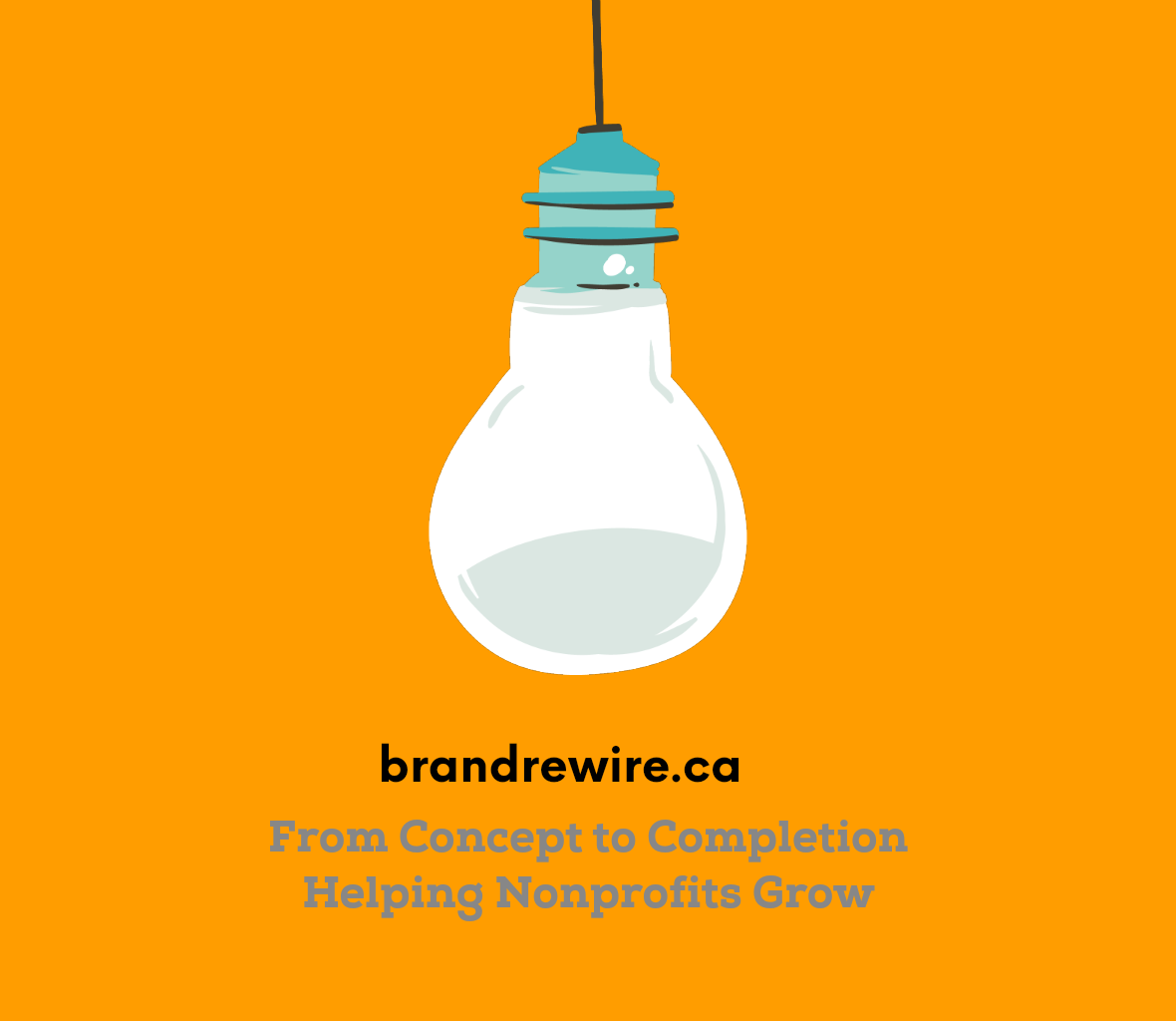In the nonprofit sector, marketing isn’t just about promoting programs and services, raising awareness or generating engagement and fundraising – it’s all about mission success and trust. At the heart of effective nonprofit marketing lies having stakeholders trust your organization to carry out its mission / purpose. Much of that trust can be instantly eliminated if the organization doesn’t have a structured approach to data governance and managing data assets. Here’s why data governance is indispensable for nonprofit marketing.
BUILDING TRUST
- Nonprofits are entrusted with information from donors, volunteers participants and beneficiaries. This can often include information on children / families or even health data. Data governance helps safeguard this information, ensuring compliance with data protection regulations like Canada’s PIPEDA and more robust laws like the EU’s GDPR. Nonprofits must protect themselves from data breaches and the associated legal and reputational risks. Communicating the steps you take to protect data also helps foster trust amongst stakeholders, which is crucial for long-term engagement and support. Don’t hesitate to recruit expert volunteers to help you map out what steps you can take to improve data protection efforts.
- PIPEDA = Personal Information Protection and Electronic Documents Act which covers how all businesses handle personal information in Canada that is collected for commercial reasons. This could include if a nonprofit is compensated for sharing its donor or membership database or if it charges fees for programs and services. The government is currently reviewing updates to the laws to impose new rules on protecting privacy given evolving technology. There are also provincial laws that apply.
- Another law marketing must ensure they are compliant with is Canada’s anti-spam legislation (CASL). This is the federal law dealing with spam and other electronic threats.
ENSURING DATA QUALITY
- Organizations often deal with a vast array of data, from donor information to program outcomes. Effective data governance helps ensure this data is accurate, complete and up-to-date. Accurate data enables nonprofits to segment their audiences effectively, personalize communications and make informed decisions. For instance, a well-maintained donor database can help target fundraising campaigns more precisely, increasing the likelihood of donations.
- Data governance policies can include data entry standards, data processes and protocols and even staff training requirements. Setting guidelines for how information should be gathered, formatted and updated. They can also assign data stewards who are responsible for overseeing data quality and enforcing governance policies.
- Scheduling regular data audits or reviews can help verify information and correct inaccuracies. Data cleaning tools and software can automate the process of identifying and correcting many errors and most systems now use real-time validation techniques to check data as it’s entered (e.g. spelling mistakes, missing mandatory fields, auto address check based upon postal code, etc.)
FACILITATING STRATEGIC DECISION-MAKING
- Data-driven decision-making is now key to helping maximize your impact. Data governance provides the framework for collecting, storing and analyzing data systematically. With accurate, well-organized data, nonprofits can uncover trends, better measure program effectiveness and refine strategies. For example, analyzing donor data can reveal patterns that inform future fundraising campaigns or highlight areas where donor engagement can be improved.
- Establishing key performance indicators (KPIs) for data quality, such as accuracy rates, completeness or even timeliness can help monitor not only mission-critical activities but the quality of the data information in your decision-making processes. For instance, it can be helpful to know how current donor information is / when it was last updated.
ENHANCING EFFICIENCY AND REDUCING COSTS
- Effective data governance streamlines data management processes, reducing redundancy and eliminating inefficiencies. Staff spend less time on data cleaning and more time on missing-critical activities. Additionally, a single source of data reduces the risk of conflicting data and ensures everyone in the organization is working with the same information. This not only saves time but also reduces costs.
- Ensuring the organization is compliant also helps reduce the risk of fines or addressing a data breach. Data breaches can be devastating for any organization and have long-lasting impacts. Expenses can involve identifying (e.g. IT forensics), containing (e.g. crisis management) and mitigating (e.g. legal consultations) the breach. Ensuring your organization has budgeted to have cybersecurity insurance, fix vulnerabilities, enhance security measures, implement training etc. to prevent an issue is not only a strategic investment but as mentioned helps build stakeholder trust and confidence.
- As nonprofits grow, so does their data. Data management best practices can scale, supporting innovation and allowing nonprofits to adopt new technology and data-driven approaches without compromising data integrity. Whether it’s leveraging AI for predictive analytics or using CRM systems to enhance donor relations, strong data governance is the backbone that supports these advancements.
In nonprofit marketing, data governance is more than a best practice; it’s a necessity. It ensures data accuracy, builds trust, enhances efficiency, supports strategic decision-making and enables scalability. In an increasingly data-driven world, marketing teams need to be hyper-vigilant when it comes to compliance. Here are just a few case studies that demonstrate the varying nature of threats that nonprofits can face.
CyberSecurity NonProfit Case Studies:
- The Red Cross: In 2018, they experienced a data breach affecting over 500,000 blood donors.
- Save the Children Federation: In 2017, they reported a loss of nearly $1 million due to a phishing attack, highlighting how financial fraud is also a significant risk associated with data breaches.
- In 2018, the Junvenile Diabetes Research Foundation (JDRF) discovered historical data had been incorrectly loaded into their new online system making donor information public online
- The Ottawa Hospital is only one of many healthcare examples reporting a ransomware attack. The 2016 attack encrypted critical data, demanding payment for decryption.
- In 2007, a research laptop containing sensitive information was stolen from the Sick Kids Hospital.
- In 2020 The Heath and Stroke Foundation of Canada experienced a cybersecurity incident where donor information was accessed without authorization. The Foundation promptly notified affected donors and worked with cybersecurity experts to enhance their data protection measures.
- In 2020 Blackbaud, a major fundraising software supplier reported a major breach involving not only donor (e.g. BC Cancer) but alumni databases
- In 2019 medical testing company LifeLabs cyberattack exposed the personal information of approx. 15 million Canadians, representing the largest single breach of personal records in Canada.
Additional Resources:
Carters.ca – Navigating Privacy Breaches for Charities & NFPs Presentation
Community IT – How to Create a Nonprofit Cyber Incident Response Plan
The Canadian Center for Cyber Security – https://www.cyber.gc.ca/en

